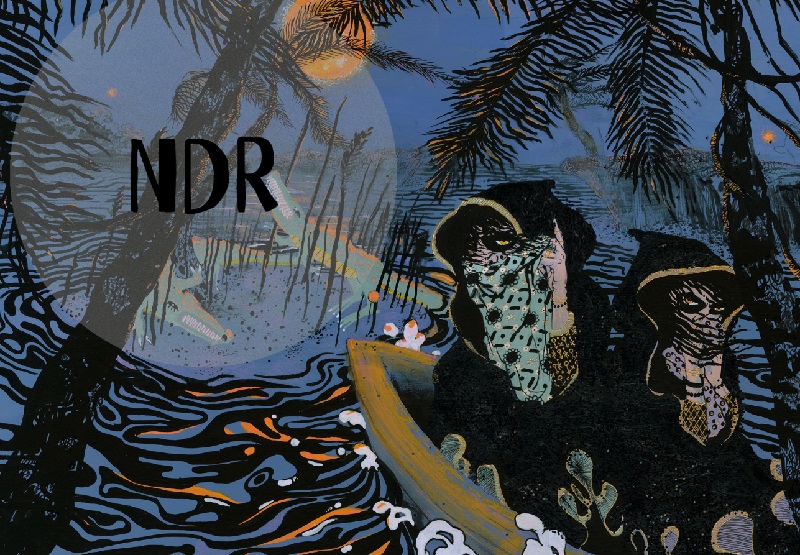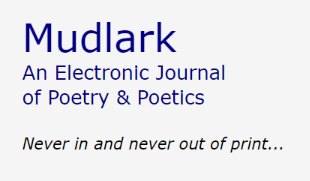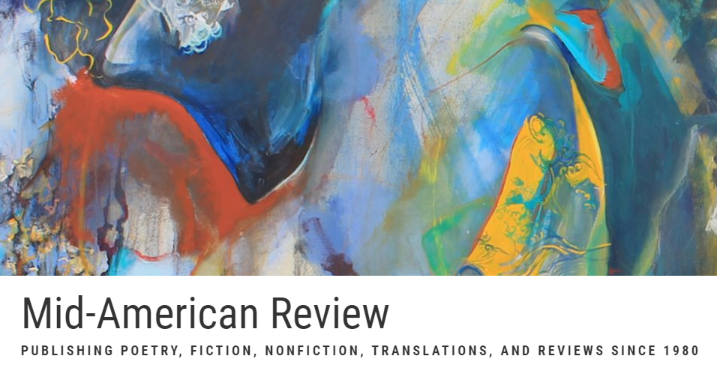Have you heard of NaNoWriMo? National Novel Writing Month.
“NaNoWriMo believes in the transformational power of creativity. We provide the structure, community, and encouragement to help people find their voices, achieve creative goals, and build new worlds—on and off the page.” —NaNoWriMo website
“A month of NaNoWriMo can lead to a lifetime of better writing.” Grant Faulkner, founder and creator of NaNoWriMo.
NaNoWriMo
National Novel Writing Month began in 1999 as a daunting but straightforward challenge: to write 50,000 words of a novel during the thirty days of November.
Each year on November 1, hundreds of thousands of people around the world begin to write, determined to end the month with 50,000 words of a brand-new novel — but that’s not all that NaNoWriMo is!
NaNoWriMo is a nonprofit organization that supports writing fluency and education.
It’s a teaching tool, it’s a curriculum, and its programs
run year-round.
Whatever you thought NaNoWriMo was, it is more than that. — NaNoWriMo
website
The following is excerpted from an article by Grant Faulkner,
Nov/Dec 2016, Writers Digest magazine.
“Wharton professor Katherine Milkman and her colleagues
found that we’re most likely to set new goals around ‘temporal landmarks’: a
birthday, a holiday, the start of a new semester—or a new month, such as National
Novel Writing Month. These milestones create a new ‘mental accounting period’
(past lapses are forgiven, and we have a clean slate ahead of us) and prompt us
to turn our gaze toward a better vision of what we want for ourselves and how
we can achieve it.
NaNoWriMo invites you to generate many new ideas—to rip
through failures, learn from them and build on them.
“I like to think of Nano-ing as excavating. You uncover different things at the 30,000-word mark than you do at 10,000,” says Erin Morgenstern, who wrote the rough draft of The Night Circus during NaNoWriMo.
A sense of playful wonder is important for writing mastery,
and NaNoWriMo teaches you to trust the gambols of your imagination, to test
your ideas on the page. When you stop demanding perfection of yourself, the
blank page becomes a spacious place, a playground. So what if your writing
feels a bit sloppy? It’s just a first draft.
NaNoWriMo gives you the opportunity to reflect on your writing, to understand what creative approaches work for you, and to develop the grit, resilience and can-do gusto of a true master.
How to find time to write when you have no time.
Need ideas for when your stuck? How about doing a 15-minute freewrite as a warm-up before your writing? You can use writing prompts for freewrites and they might just end up in your novel, or help you get your characters from Point A to Point B.
Just Write!








